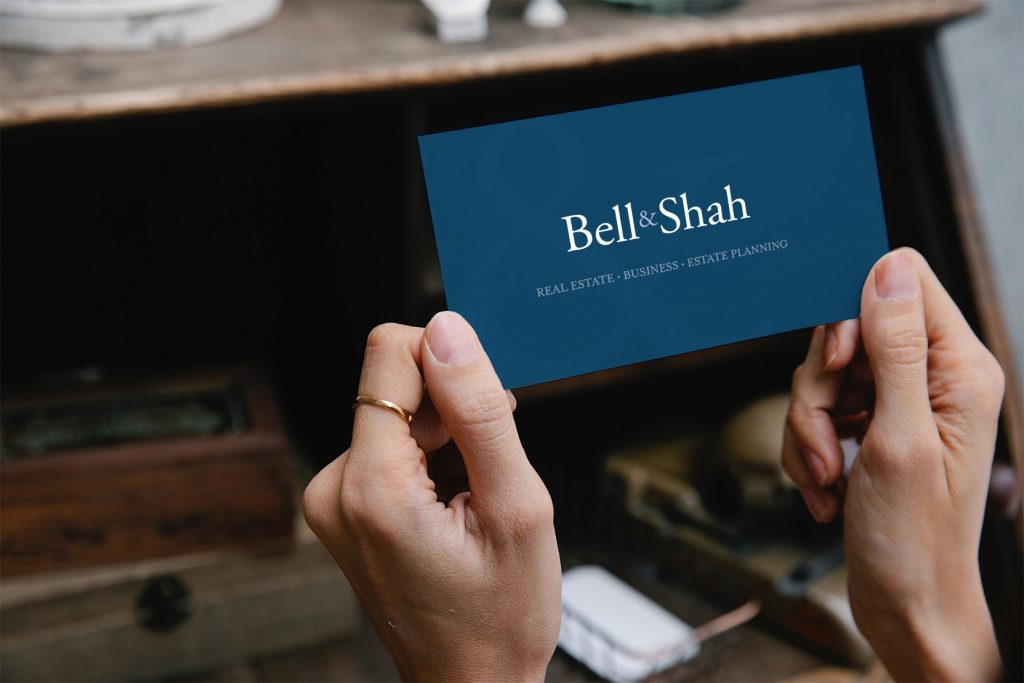Should You Consider Using an NDA with Your Employees? Nondisclosure agreements (NDAs) are used by organizations for a range of purposes, such as protecting sensitive data about proprietary operating procedures or innovative marketing strategies. But when is employing NDAs a good idea, and what kinds of data should they be used to safeguard?
In recent years, news reports about non-compete agreements that go too far by stopping low-wage earners from seeking employment with competitors, and NDAs that keep harassment victims from speaking out have caused many state lawmakers to control employers’ use of restrictive covenants. But NDAs may still be used to defend sensitive proprietary information and trade secrets.
NDAs Give Companies Legal Protection
If a company possesses such important data, it makes good sense to oblige employees to sign NDAs. This is true largely because most trade-secret protection rulings require companies to establish they used reasonable means to protect such data in order to maintain its confidentiality. And letting new employees know through an NDA that they will be privy to confidential information is key to verifying such efforts were made.
NDAs Safeguard Vital Information beyond Trade Secrets
NDAs are essential to protecting confidential information and trade secrets both while a worker is employed and after the worker’s exit from a company. Even if an organization lacks obvious trade secrets, employers who convey business-related facts to workers about their core processes, clients, and expansion plans should take steps to ensure this information is protected against unauthorized leaks.
Consider the Scope of Your NDA
At times organizations run into difficulties if the terminology of their NDAs is too broad in scope. Poorly prepared or overly expansive NDAs may become unenforceable or lead to legal action. Thus, employers should make every effort to guarantee that the confidentiality provisions of their NDAs are narrowly focused so as to protect only information that is not to be disclosed.
If you’re thinking about creating a non-disclosure agreement for your organization, contact Bell & Shaw Law, LLCtoday to talk over your plans. Our team of highly experienced business attorneys can help you to prepare a document that’s agreeable to both you and your workforce.
If you’re considering using an NDA in your business, reach out to us here at Bell & Shaw Law, LLC for a consultation. The knowledgeable business attorneys can help you create a reasonable agreement that’s fair to both you and your employees.

